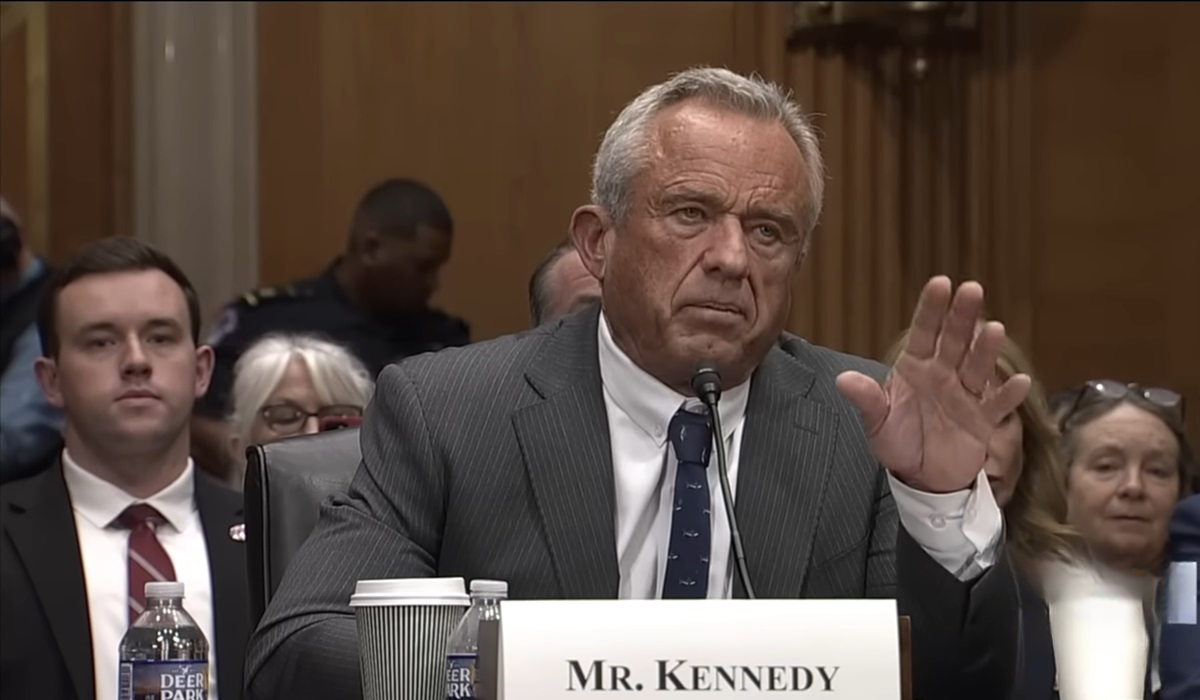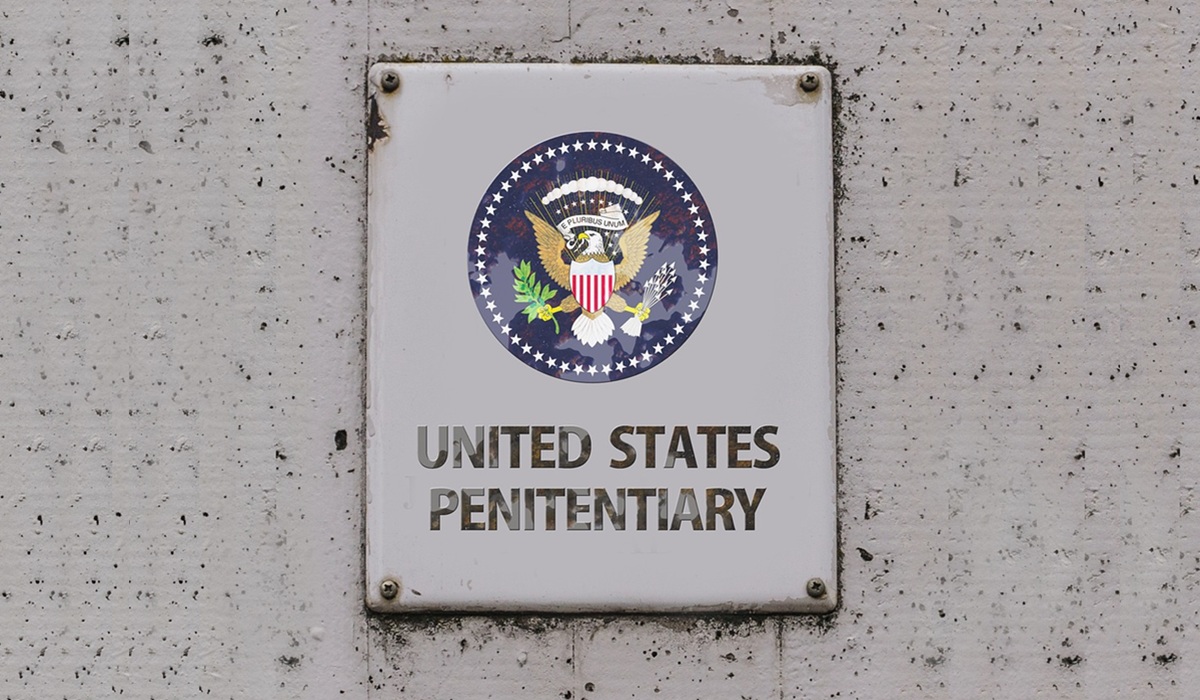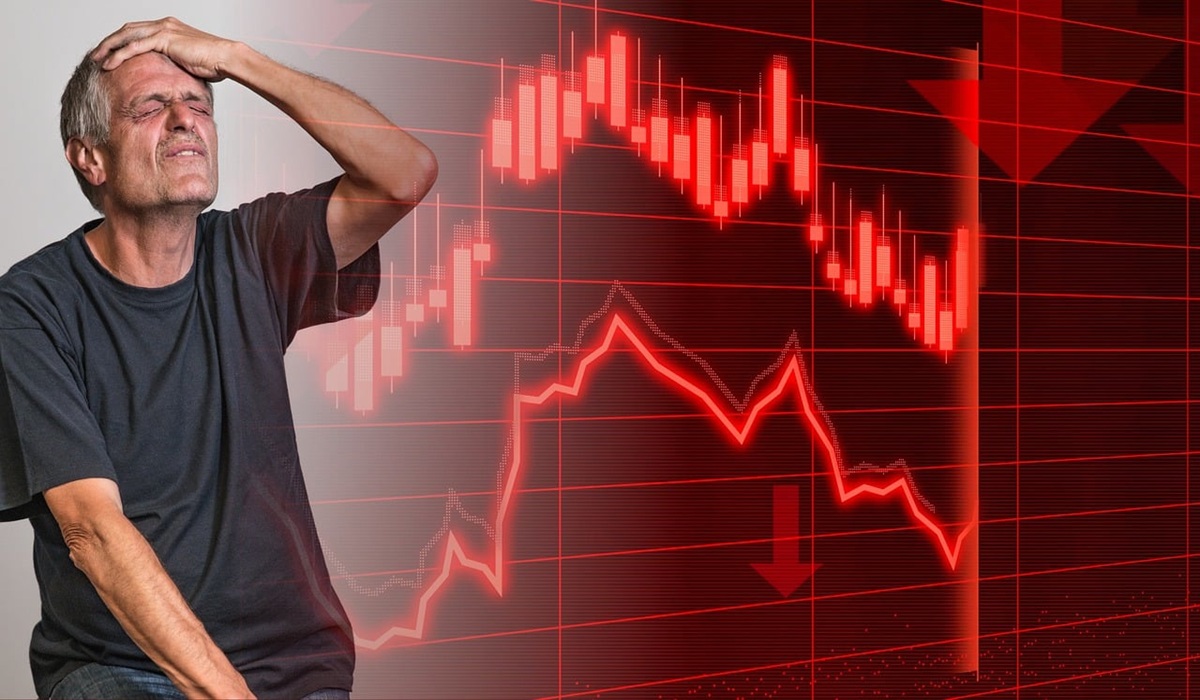America at a Crossroads: Vaccines, Health, and the Collision of Politics and Science
- TDS News
- U.S.A
- September 5, 2025

By: Donovan Martin Sr, Editor in Chief
In the United States today, one of the fiercest debates of our generation is not about foreign wars, not about taxes, not even about climate change—it is about health. More specifically, it is about vaccination, public trust in medicine, and whether the institutions that are supposed to safeguard public well-being are serving science or profit. The debate has now reached a collision course with the controversial appointment of Robert F. Kennedy Jr. as Secretary of Health. His hiring has shaken the foundation of America’s health establishment, dividing the nation in ways that reveal how deeply politics and ideology now overshadow science itself.
For many Democrats and public health officials, Kennedy has not merely stepped into office with skepticism—he has stormed in with what one critic called “a hatchet, a blowtorch, and grenades,” tearing through decades of institutional authority. To his critics, he is anti-science, a danger to the credibility of public health, and a symbol of reckless populism. Yet to his supporters, Kennedy is not anti-science at all—he is anti-bad medicine, a man unafraid to say what many Americans already feel: that the country is sicker, more medicated, and more vulnerable than any other wealthy nation.
Kennedy’s critics point to his long history of questioning vaccine safety, his lawsuits against pharmaceutical companies, and his willingness to entertain ideas outside the mainstream. But at the heart of his message is a point that resonates far beyond partisan politics: America is indeed one of the unhealthiest developed nations in the world. Rates of obesity, diabetes, cancer, heart disease, and autoimmune disorders are staggering. Billions are spent annually on treatments, while prevention often takes a back seat.
Kennedy argues that institutions such as the Centers for Disease Control and Prevention (CDC) and the Food and Drug Administration (FDA) have failed in their fundamental duty to protect Americans. He has said openly that some people within these agencies needed to be fired because they did not do their jobs. That is a harsh statement, but not without some basis in reality. When food standards in the European Union are far stricter than those in the United States, when common additives banned overseas are staples in American products, and when financial ties between regulators and the very industries they oversee are often documented, it is hard to dismiss his concerns entirely.
He points out that many additives in American bread, soda, chips, and fast food would never be permitted in Europe. These are not fringe claims; they are verifiable differences in health regulations. For Kennedy, that gap demonstrates how U.S. policy prioritizes profit over people’s health. And while he may exaggerate for effect, the underlying truth—that corporate influence shapes policy—is undeniable.
There is also a symbolic dimension to Kennedy’s leadership. For the first time in memory, America has a Health Secretary who is visibly healthy. That may sound superficial, even offensive to some, but it underscores a point about credibility. Just as we expect airline pilots to be alert and capable, or surgeons to have steady hands, there is something striking about having a national health leader who embodies physical fitness. It sends a message—however subtle—that leadership should model the ideals it promotes.
The debate around vaccines has also been inflamed by figures like Florida’s Surgeon General, Joseph Ladapo, who compared vaccine mandates to slavery. As an African-American man, his statement carried enormous symbolic weight—and stirred immediate outrage. To equate public health policy with one of the most horrific systems of oppression in human history was not only inflammatory but also deeply misleading.
Yes, vaccine mandates during the COVID-19 pandemic were unpopular. People resented being locked down, forced to wear masks, or pressured into vaccination. But the context matters: tens of millions of people worldwide died from a virus we barely understood in its early stages. Governments were making decisions in real time, under immense pressure, often with limited data. Mistakes were inevitable, and in hindsight, some policies went too far. But to reduce those complex realities to a soundbite about “slavery” is more about political theater than serious health debate.
At the same time, Kennedy’s critics often dismiss all his arguments by labeling him an “anti-vaxxer.” That, too, oversimplifies the issue. There is no question that vaccines have saved countless lives. Smallpox was eradicated. Polio was nearly eliminated. Measles, tetanus, and other diseases that once devastated populations are now rare thanks to immunization programs.
But it is also true that some vaccines in history have gone wrong. There have been contaminated batches, adverse reactions, and rushed approvals that later proved problematic. The COVID-19 vaccines, while broadly effective at reducing hospitalizations and deaths, were rolled out under emergency conditions. Some of the scientific messaging around them was muddled, sometimes overly optimistic, and often inconsistent. That opened the door for mistrust and fueled suspicions that profit motives were shaping the narrative.
What Kennedy taps into is not an irrational hatred of vaccines, but a rational suspicion of industries that profit massively from them. The global pharmaceutical industry is worth trillions. The incentives for profit are enormous, and history has shown that corporations sometimes cut corners, hide data, or manipulate research for financial gain. Acknowledging this does not make one anti-science. It makes one cautious about how science is applied.
Kennedy has already cut more than $500 million from federal health programs, reshaping priorities in ways that alarm his opponents. They argue that slashing budgets will weaken America’s ability to respond to the next pandemic, to track emerging diseases, or to provide critical services to vulnerable populations. Kennedy counters that much of that money was being wasted or mismanaged, and that leaner, more transparent institutions will serve the public better.
Only time will tell whether his gambles pay off. In the short term, his moves are disruptive, unsettling, and politically polarizing. In the long term, they could either be catastrophic—leaving America vulnerable—or transformative, forcing long-overdue reforms.
The tragedy in all of this is that the rational middle ground rarely gets airtime. Thoughtful voices—those who acknowledge both the life-saving importance of vaccines and the legitimate need for oversight and transparency—are drowned out by the extremes. Cable news thrives on conflict, not nuance. Social media rewards outrage, not careful reasoning.
What America desperately needs is a reset in how it talks about health. Vaccines are not inherently good or inherently bad—they are tools. Like any tool, they can be used wisely or misused. Some will save lives. Others may carry risks. The job of science is to sort the evidence honestly, without political or financial distortion. The job of policymakers is to weigh that evidence fairly, without pandering to fear or profit.
The United States is at a crossroads. If Kennedy succeeds in making health agencies more accountable, more transparent, and more focused on prevention, his tenure could mark a turning point in American health policy. If, however, his cuts weaken the nation’s defenses, if his rhetoric further erodes trust in vaccines, the damage could be profound and lasting.
What is certain is that the stakes are high. Public trust in science is fragile. Public health depends on collective action, yet Americans are increasingly skeptical of collective solutions. The debate over vaccines is not just about medicine—it is about trust, power, freedom, and the future of democracy itself.
Kennedy’s tenure as Health Secretary will be remembered as either the bold correction America needed or the reckless gamble that left the nation exposed. In the meantime, the only responsible path is one that refuses to be hijacked by ideology, one that insists on facts, transparency, and above all, a commitment to the health of people over the profits of corporations.








